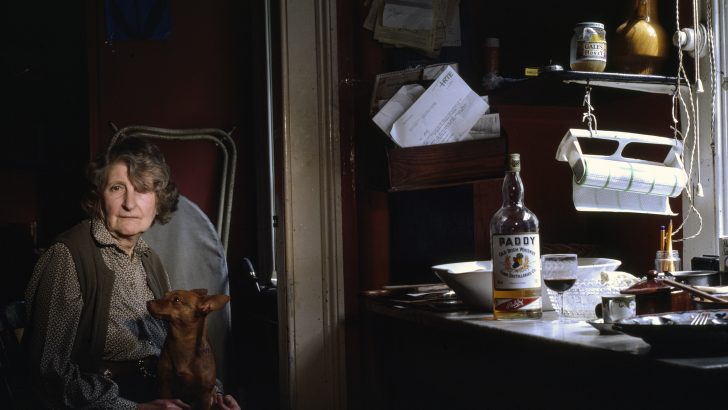John Wyse Jackson
Molly Keane: A Life
by Sally Phipps (Virago, £20)
The writer Molly Keane was born in 1904 in Co. Kildare, a daughter of Moira O’Neill, the poet of the Glens of Antrim. She grew up in a horsey, Protestant family near Ferns, Co. Wexford, in an 18th-Century house that was burned in 1921 by local Republicans. (Though he was an Englishman, that night her father, believing he was going to be shot, told the raiders, “I would rather be shot in Ireland than live in England.”)
With the compensation money, the family bought the house next door, and continued farming and riding to hounds almost as if nothing had happened. But the loss of her beautiful home left a mark on Molly, one that gives her novels, all of which are set in Ireland, an elegiac quality that underlies their wit and conversational sparkle.
Her first book, The Knight of Cheerful Countenance (1926), was written when she was a teenager. These early books appeared under a pseudonym, ‘M. J. Farrell’, adopted from the fascia board over a local merchant’s shop.
Portraits
Though she needed the money they earned, she didn’t want her sporty friends to suspect she was that despised creature, a writer. Besides, she put into her books recognisable – and often maliciously accurate – portraits of people she knew, and needed the freedom that anonymity gave her in order to do so.
In middle age, during and after her short and happy marriage to a Waterford farmer, Bobbie Keane – who died suddenly at 36 –she had considerable success as a playwright, and for some years enjoyed a taste of the high life, becoming a close friend of the actor John Gielgud and other theatrical luminaries. After 1960, however, she fell silent, convinced that the world she knew and depicted was no longer relevant to a modern generation.
Silent, perhaps, but she didn’t quite stop writing. A friend from her theatre days, the actress Peggy Ashcroft, read the manuscript of a novel called Good Behaviour, and in 1981 it appeared to great acclaim, and was only narrowly beaten for the Booker Prize by Salman Rushdie’s Midnight’s Children.
Great writers
Despite her great age, further novels and other books followed, and all her M. J. Farrell novels were republished by Virago. By now, Molly Keane was recognised as one the great Irish writers, and probably the last chronicler of our ‘Big House’ tradition.
It wasn’t long after her death in 1996 that word hit the literary street that a biography was being written by a member of her family. Ten years later, there was still no sign of it, and people began to suspect that it was never going to appear. But here it is, and it is all that anyone could have hoped for.
The biographer, Sally Phipps, is Molly Keane’s eldest daughter. She has produced a thoughtful, funny and moving account of her mother’s life and times; the book is also, as Molly in old age requested it should be, uncompromisingly honest. Beautifully written, it could probably not have been done by anyone else.


 Molly Keane
Molly Keane